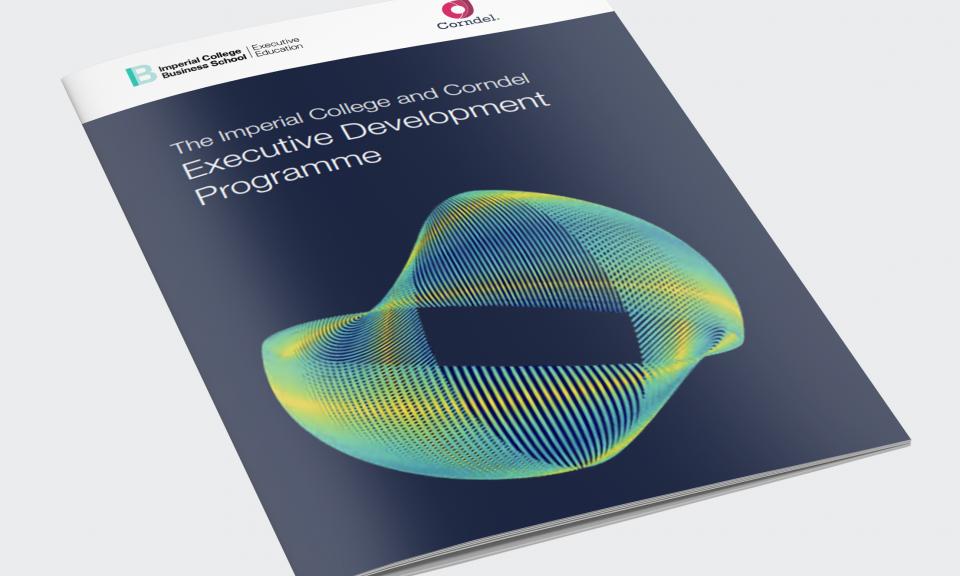
Two years ago, 10-year-old Madhu walked up to the microphone at a public hearing and related how she was chased away from a government school in Patna by teachers because she was a Musahar Dalit and considered “dirty” by them.
Dozens of parents and children from marginalised communities had gathered to share their grievances at that hearing called by visiting officials from the National Commission for Protection of Child Rights in charge of monitoring the implementation of the Right to Education Act. After hearing Madhu’s story, the commission intervened and 50 Dalit children from her slum were enrolled in an adjoining government school.
But a year later, while the school’s register included the names of the Dalit children, nearly all of them were out of the classroom, working as rag pickers. They were just not welcome there.
Madhu’s story and countless such tales highlight an important lesson learnt from the last set of global education goals: providing access alone is insufficient. There have to be concerted efforts to keep marginalised children in school and ensure their learning by providing quality education.
Pervasive discrimination
There is a chance to remedy this now. On May 19, India will join other countries at the World Education Forum in South Korea to discuss the new global education agenda to succeed the Millennium Development Goals, which expire this year. During discussions last year, countries had agreed that the overarching goal of the 2015-2030 education agenda will be to “ensure equitable and inclusive quality education and lifelong learning for all by 2030”.
This presents an important opportunity for India to address a key barrier to fulfilling its goal of education for all: discrimination.
Discrimination against children from Dalit, tribal, and Muslim communities in government schools means millions of the poorest and most vulnerable are getting left out. Lack of effective monitoring mechanisms to check prejudice by school staff means, at worst, ill-treatment and, at best, neglect. This, despite India’s Right to Education law banning discrimination in schools.
There are other problems too. Protecting the rights of children living with disabilities, ensuring their ability to access education, remains a distant priority among school authorities. Also, not enough is being done to bring and keep girls in the classroom.
High dropout rate
India has made significant progress toward universalising elementary education since the enactment of the 2009 Right of Children to Free and Compulsory Education Act. Its various schemes, such as the mid-day meal programme, benefit millions of children daily. It is a great achievement that more and more children are being enrolled into schools.
But the sad truth is that not all stay there. According to government’s own estimates, six million children remain out of school – and more crucially, two out of five drop out before completing elementary schooling. Numbers are much higher for children from disadvantaged groups.
Apart from helping prepare the global agenda, the Indian government is also planning to draw up anew education policy. The Ministry of Human Resource Development is currently seeking input on 13 school education issues, including on inclusive education for marginalised groups.
However, while the government’s consultation paper acknowledges “lower learning outcomes” for children from historically disadvantaged and economically weaker communities, it fails to note the exclusionary practices that contribute to this.
Access to childcare
To succeed in bringing and retaining marginalised children in schools, the government will have to ensure zero discrimination in classrooms. Girls and children with disabilities will need even more attention. For this, any future teacher training should go beyond improving learning outcomes to focus on inclusive learning practices that are effective, ensure greater participation of children from marginalised communities and healthy interaction among children from different backgrounds. Civil society groups can be important government allies in this venture.
It is also time to expand the Right to Education so that all children are entitled to 12 years of free and accessible education by 2030. Equally, there needs to be universal access to early childhood care and education to guarantee children’s long-term development, health and well-being. These goals are part of the proposed global agenda and India too sees them as priorities. The government should set an example at the World Education Forum by announcing special commitments toward implementing these goals.
India has a unique opportunity to offer a better future to Madhu and millions more children. It should not squander this chance.
[“source-scroll.in”]











